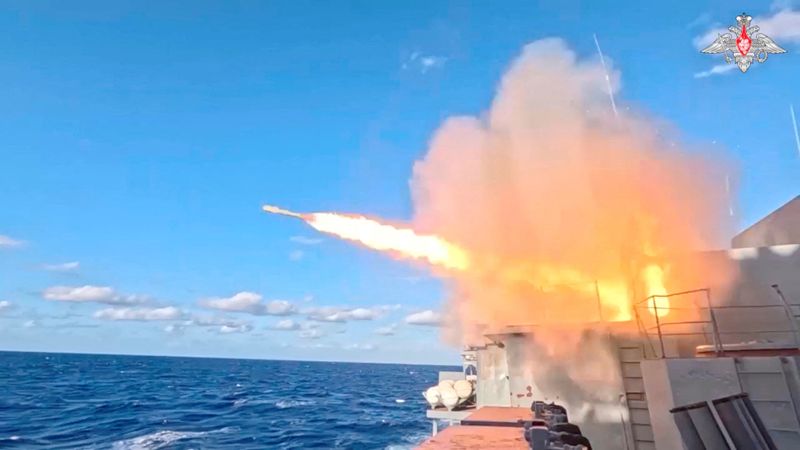By Tim Kelly
TOKYO (Reuters) - A shock election result in Japan, Washington's key Asian security ally, and the United States' potentially destabilising presidential election next week could provide an opportunity for China and other rivals to test Western resolve in East Asia.
Analysts say China could increase intrusions into Japanese territory as well as step up pressure on Taiwan, while North Korea, which has been deepening its security cooperation with Russia, could intensify ballistic missile testing.
A general election in Japan on Sunday dealt the worst defeat for the long-serving ruling coalition in 15 years, leaving it wrangling for support from opposition parties to keep control of the powerful lower house.
"From Beijing's viewpoint, this (election result) signals an ideal scenario: a politically immobilised Japan," said Tomohiko Taniguchi, a former adviser to late Prime Minister Shinzo Abe, who steered Japan away from decades of pacifism.
"China's intrusions into Japan's air space and waters are likely to intensify, while military provocations toward Taiwan may well become routine," he added.
In the wake of the election, both Tokyo and Washington have voiced commitment to Japan-U.S. security cooperation. Beijing has said the election is Japan's "internal matter".
But the failure of the Liberal Democratic Party (LDP), which has ruled for almost all of Japan's post-war history, and its coalition partner to secure a majority is the latest sign of disgruntled voters in U.S.-allied countries rejecting established parties, following recent elections in France and Germany.
While those European nations are pivotal to the North Atlantic Treaty Organisation's defence of Europe, Japan is crucial to Washington's security strategy in Asia. It hosts the biggest overseas deployment of U.S. forces across an archipelago stretching from Taiwan to Russia's far east, that hems in China and is a frontline defence against North Korean missiles.
In response to escalating Chinese military activity around its islands and nearby Taiwan, including more regular drills with Russia and the first ever intrusion by a Chinese plane into Japanese airspace in August, Tokyo is undertaking its largest military expansion since World War Two.
That five-year plan unveiled in 2022 will double defence spending to pay for new weapons, including longer-range missiles with enough range to strike targets on the Chinese mainland.
"Any indication that Japan's defence policy initiatives could slow down or become less ambitious would encourage China and North Korea to claim that Japan is weak and belittle Washington’s efforts to bolster the U.S.-Japan alliance," said Nicholas Szechenyi, a U.S.-Japan relations expert at the Center for Strategic and International Studies, an American think tank.
That comes ahead of a possible U.S. presidential election win for Republican Donald Trump, who tried to pressure Tokyo to pay more for U.S. military support during his previous 2017-21 term. Polls show the election is an extremely close race between Trump and his Democratic rival Kamala Harris.
Trump, whose supporters stormed the Capitol Building after he lost the 2020 election, a result he attempted to overturn, says he will cry fraud and not accept the results if he fails again.
ADVERSARIES SMILING
"I don't think Japan will back away from national security, but there is no doubt distractions will hamper proactive action," said Joseph Kraft, a financial political analyst at Rorschach Advisory in Tokyo. "I'm sure the Western world's adversaries are smiling," he added.
At a news conference on Monday, Prime Minister Shigeru Ishiba said he was committed to the LDP's defence spending and deeper security ties with Washington.
State Department spokesperson Matthew Miller echoed Ishiba's sentiment, saying the U.S.-Japan relationship was a "cornerstone" of peace and security around the world and that he did not see that changing due to election outcomes in either country.
As Chinese military power grows, Washington is relying more on Tokyo. In April, the allies announced a historic revamp of their security alliance, including plans to co-develop missiles and upgrade the U.S. military command in Japan.
Now, potential power-sharing deals between the LDP and smaller parties, that won over many voters with promises of tax cuts, will further complicate the thorny issue of how Japan funds key defence projects, according to Tobias Harris of Japan Foresight, a political risk advisory.
"The kind of governments coming out of this are not going to be able to raise taxes," he said.
The Democratic Party for the People, one of the opposition groups that may partially support the LDP in parliament, promised in its campaign to halve Japan's 10% sales tax, cut income tax, trim welfare contributions and eliminate high school fees.
But with Japan's defence buildup more than half complete, the LDP also needs to begin discussing Japan's next defence strategy and how much more it needs to spend, said Kevin Maher, a consultant who previously headed the U.S. State Department's Office of Japan Affairs.

"The question is how much initiative the government...will be able to take going forward as they start the process very, very soon."
"With the U.S. divided it helps to have a stable Japan."